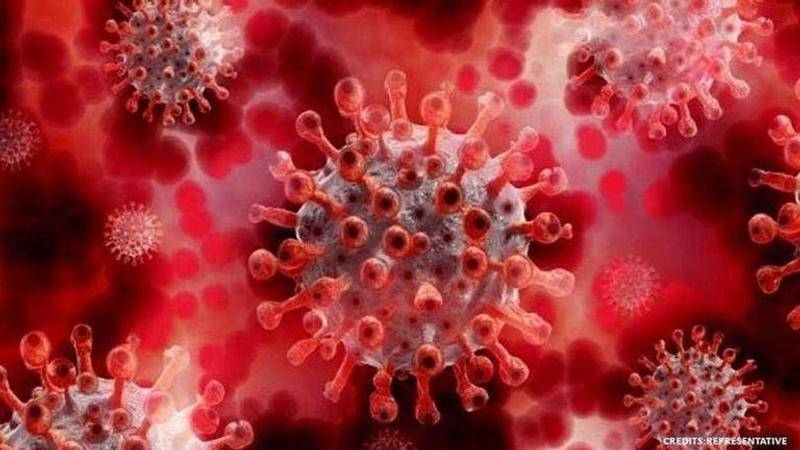Published 09:41 IST, September 29th 2020
Coronavirus: Researchers develop biosensor to track pathogens inside host body
The researchers from Colorado State University (CSU) have developed a biosensor that can track the development that the virus makes inside the host cell.

While the world is shaken up due to COVID-19 pandemic, experts across the globe have ramped-up their research on the coronavirus that was first discovered only in December 2019. Recently, the researchers from Colorado State University (CSU) have come up with a biosensor that has the ability to not only track the development that the virus makes inside the host cell but also to change the colour of emitting light according to pathogen's behaviour. These pathogens require a host cell for replication and its during this process that the viruses cause damage to the individuals or infect them.
COVID-19 is also caused by one such virus, but the biosensor developed by the researchers will emit a blue light when the viral translation takes place inside the host and green if the translation is normal. The study, published in Nature Structural and Molecular Biology is being hailed as groundbreaking in understanding the viral translation that takes place inside the body of an individual. This also comes as the global infections of COVID-19 have surpassed 33 million with more than a million casualties, as per Johns Hopkins University.
A collaborative study of the labs of Monfort Professor Tim Stasevich, in the Department of Biochemistry and Molecular Biology, and Associate Professor Brian Munsky, in the Department of Chemical and Biological Engineering, attempted to not only understand the behaviour of the virus in visual detail but also with mathematical precision. As reported by Science Daily, it was for the first time that the team was able to show an important mechanism of the host-attacking processes and how they start the translation of genetic material into proteins.
Coronavirus is evolving: Study
Meanwhile, a separate study involving Houston researchers, released on September 23, examined over 5,000 genetic sequences of coronavirus. It was then revealed that the virus’s continuous build-up of mutations has made it more contagious. However, it was not concluded if these mutations made the virus deadlier or changed any clinical outcomes. Scientists suggest that most viruses accumulate genetic mutations and most of them are insignificant.
Read - Komodo Dragons Could Become Extinct In Few Decades Due To Climate Change: Study
(with agency inputs)
Updated 09:41 IST, September 29th 2020



